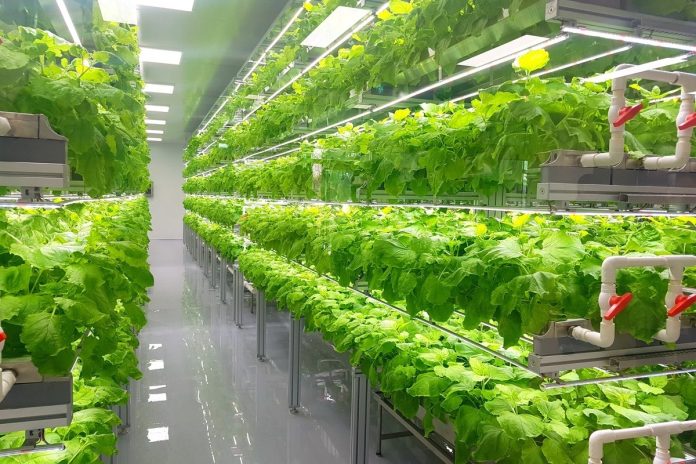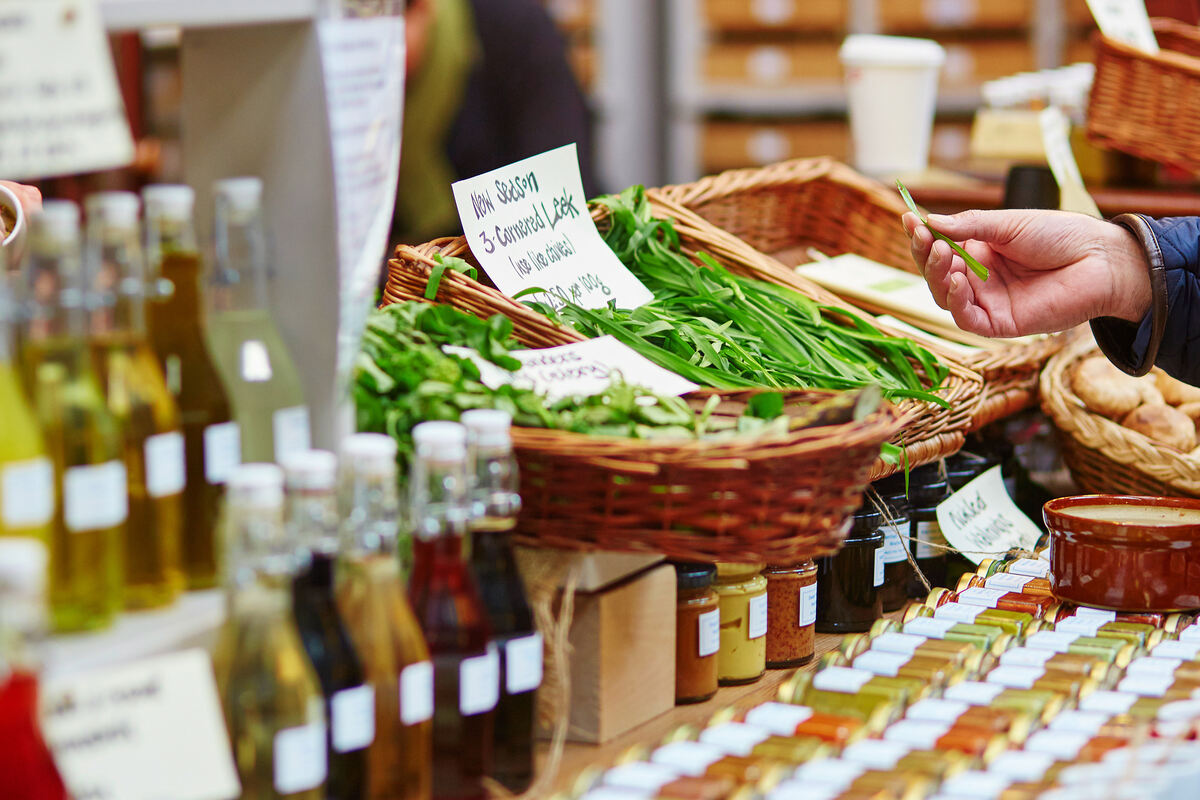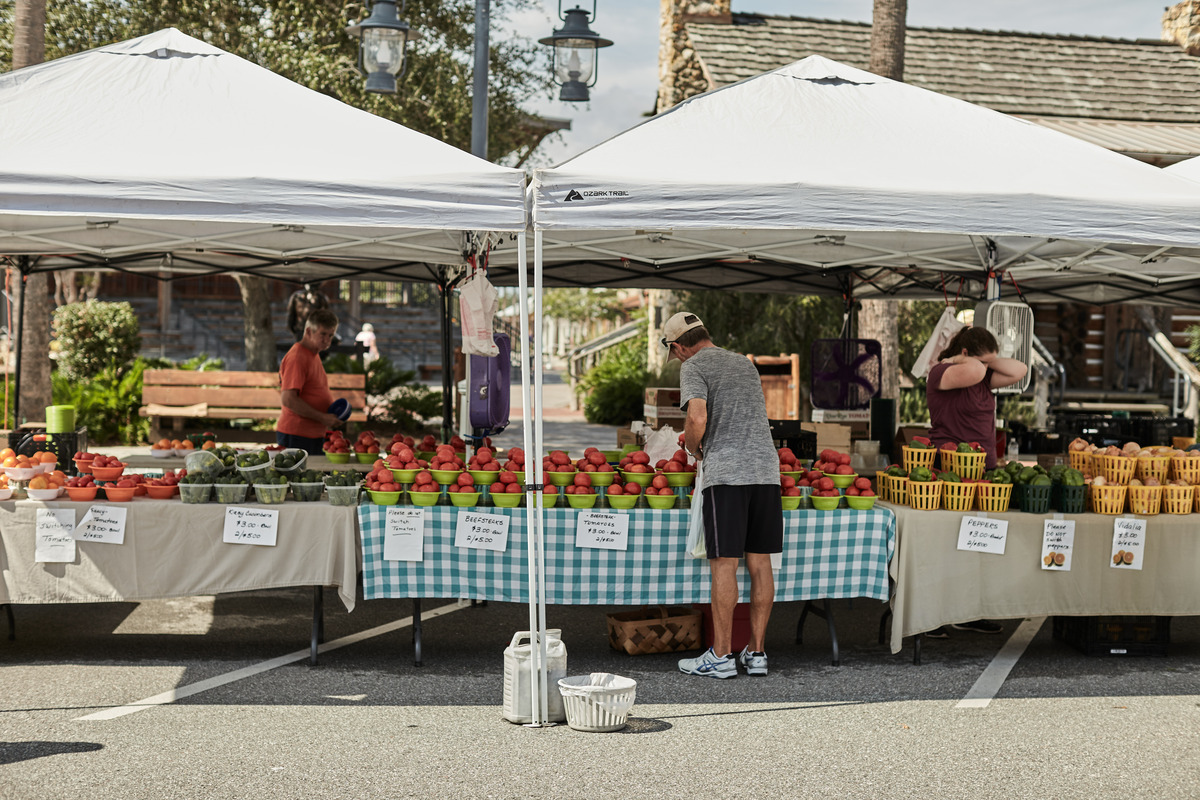Welcome to the innovative world of shipping container farms, where sustainability meets modern agriculture. For urban gardeners and sustainable agriculture enthusiasts, these compact, versatile farms are a dream come true.
After all, they act as a contained micro-environment. Yet, maintaining them requires a bit of know-how.
In this guide, you’ll discover four essential ways to maintain a shipping container farm, ensuring your green venture thrives year-round.
Monitor Indoor Environment Levels
Keeping a keen eye on indoor environmental levels is crucial for your container farm’s success. This is similar to the way traditional farmers check the weather, except you have considerably more control over the environment. Begin by regularly tracking humidity, light quality, and pH levels. These factors play a vital role in plant health and growth.
Investing in smart tech can simplify this task, providing real-time data to keep you informed. For instance, sensors and automated systems can alert you to any adjustments you might need to make, giving you peace of mind and healthier plants. These sensors can also alert you if your system loses power, enabling you to prevent serious damage to your crops.
Prioritize Climate Control
Climate control can make or break your shipping container farm. Consistent temperature regulation is vital, especially when you consider the compact nature of the space. Implementing an efficient heating and cooling system will ensure optimal conditions for plant growth.
Even slight temperature fluctuations can stress your plants, slowing growth or affecting yield. Install a reliable thermostat and regularly check for system efficiency to maintain a consistent environment. It’s also important to keep the door closed as much as possible to prevent further changes in temperature.
Efficient Water Management
Water is life, and managing it efficiently in your shipping container farm can save resources and boost plant health. Start by understanding the minerals present in your water supply. Testing your water can reveal insights into its quality, helping you choose the right filtration system and nutrients to provide. Consider using a drip irrigation system to reduce waste and ensure even distribution. By doing so, you’ll provide your plants with the precise amount of hydration they need without overdoing it.
Pest and Disease Prevention Measures
Shipping container farms are usually closed environments, which helps keep pests and diseases at bay. However, regular cleaning is a must to prevent any unwelcome guests. Make it a habit to sanitize floors, shelves, and tools to avoid spreading pathogens. Dispose of plant trimmings and clean up water spills to prevent pests from coming inside. This will ensure the environment is set up for success.
Keep doors closed whenever possible to maintain the integrity of your controlled environment. Should pests manage to get in, natural deterrents or DIY traps can be effective and environmentally friendly solutions. You can even make your own neem oil pesticide if you’re seeking an even more sustainable option.
Cultivating Success Through Maintenance and Innovation
Successfully maintaining a shipping container farm involves a mix of technological savvy and traditional gardening know-how. By focusing on environment monitoring, water management, and pest prevention, you’ll set the stage for a thriving, sustainable farming venture. Innovation is your friend; don’t shy away from new tools or techniques that can enhance your farm’s productivity.
Ready to take your urban farming to the next level? Start implementing these strategies today and watch your container farm flourish.










